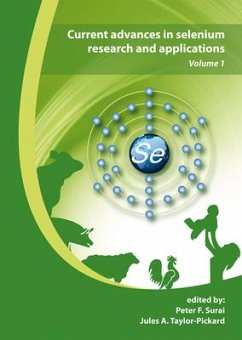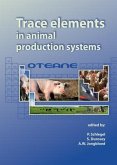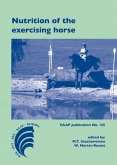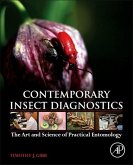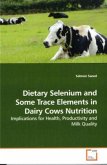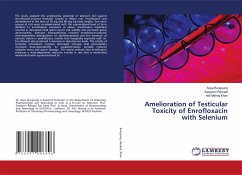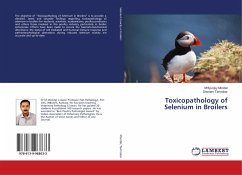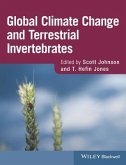Selenium (Se) is an essential dietary trace element participating in the regulation of various physiological functions in both animals and humans through its incorporation into selenoproteins as the amino acid selenocysteine. Among many minerals Se has a special place being the most controversial trace element with a narrow gap between essentiality and toxicity. Indeed there are important environmental issues considering selenium as a pollutant from the one hand and global selenium deficiency on the other. In fact, Se deficiency is considered as a risk factor for the development of various diseases in human and animals. Decreased Se availability from soils as a result of low soil pH and usage of synthetic fertilizers is the major concern in European countries causing inadequate Se levels in food and feeds. Furthermore, it seems likely that sodium selenite used for the last 30 years as a feed supplement is not an optimal form of Se and the usage of organic selenium in animal diets could help to maintain optimal Se status as well as high immunocompetence, productive and reproductive performance. The aim of the present volume is to provide updated information on several important Se-related subjects, including Se status in Europe and ways of its improvement, advances in Se analysis and speciation in biological material, roles of selenium in poultry, pig and ruminant nutrition. Production of functional Se-enriched food, the relationship between selenium and mycotoxins, polyunsaturated fatty acids as well as reoviruses are also addressed. This collection of articles will provide nutritionists, veterinarians, human doctors, researchers and any other readers with new insights into the exciting world of the goddess of the moon - SELENIUM.
Hinweis: Dieser Artikel kann nur an eine deutsche Lieferadresse ausgeliefert werden.
Hinweis: Dieser Artikel kann nur an eine deutsche Lieferadresse ausgeliefert werden.

